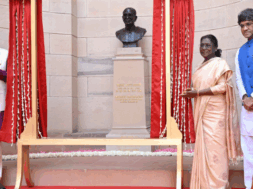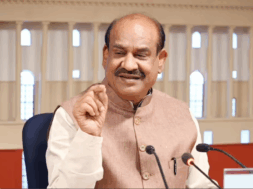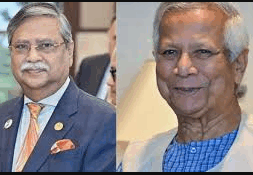
New Delhi: The Massachusetts Institute of Technology (MIT) has announced the appointment of Pakistan-born quantum astrophysicist Nergis Mavalvala as the next dean the MIT School of Science from September 1. She will succeed Michael Sipser, who will return to the faculty as the Donner Professor of Mathematics after six years of service as dean.
The MIT Report says that Nergis Mavalvala is renowned for her pioneering work in gravitational-wave detection, which she conducted as a leading member of the Laser Interferometer Gravitational-Wave Observatory (LIGO).
“She is very intelligent in this field and has received many awards and honours for her research work,” the report said. She was associated with the head of the department of physics since 2015.
Nergis will be the first woman to occupy the office of dean. On her appointment, she said, “We are in this moment where enormous changes are afoot. We are in the middle of a global pandemic and economic challenge. We are also in a moment, at least in US history, where the imperative for racial and social justice is really strong. As someone in a leadership position, that means you have opportunities to make an important and hopefully lasting impact.”
The MIT’s president L. Rafael Reif Praised Mavalvala’s work and said Mavalvala’s “brilliance as a researcher and educator speaks eloquently for itself. What excites me equally about her appointment as dean are the qualities I have seen in her as a leader. She is a deft, collaborative problem-solver, a wise and generous colleague, an incomparable mentor, and a champion for inclusive excellence”.
“This news gives me great comfort to know that the School of Science will remain in such capable hands.” Rafael Reif said.
Mavalvala completed her B.A at Wellesley College in Physics and Astronomy in 1990 and a PhD in physics in 1997 from MIT.
She won the prestigious MacArthur Foundation Award in 2010 and again in 2016.
Mavalvala was a member in the group of scientist which is credited with the discovery of gravitational waves, a new window for studying the cosmos.
“We are really witnessing the opening of a new tool for doing astronomy. We have turned on a new sense. We have been able to see and now we will be able to hear as well” Mavalvala said in an interview with media.













